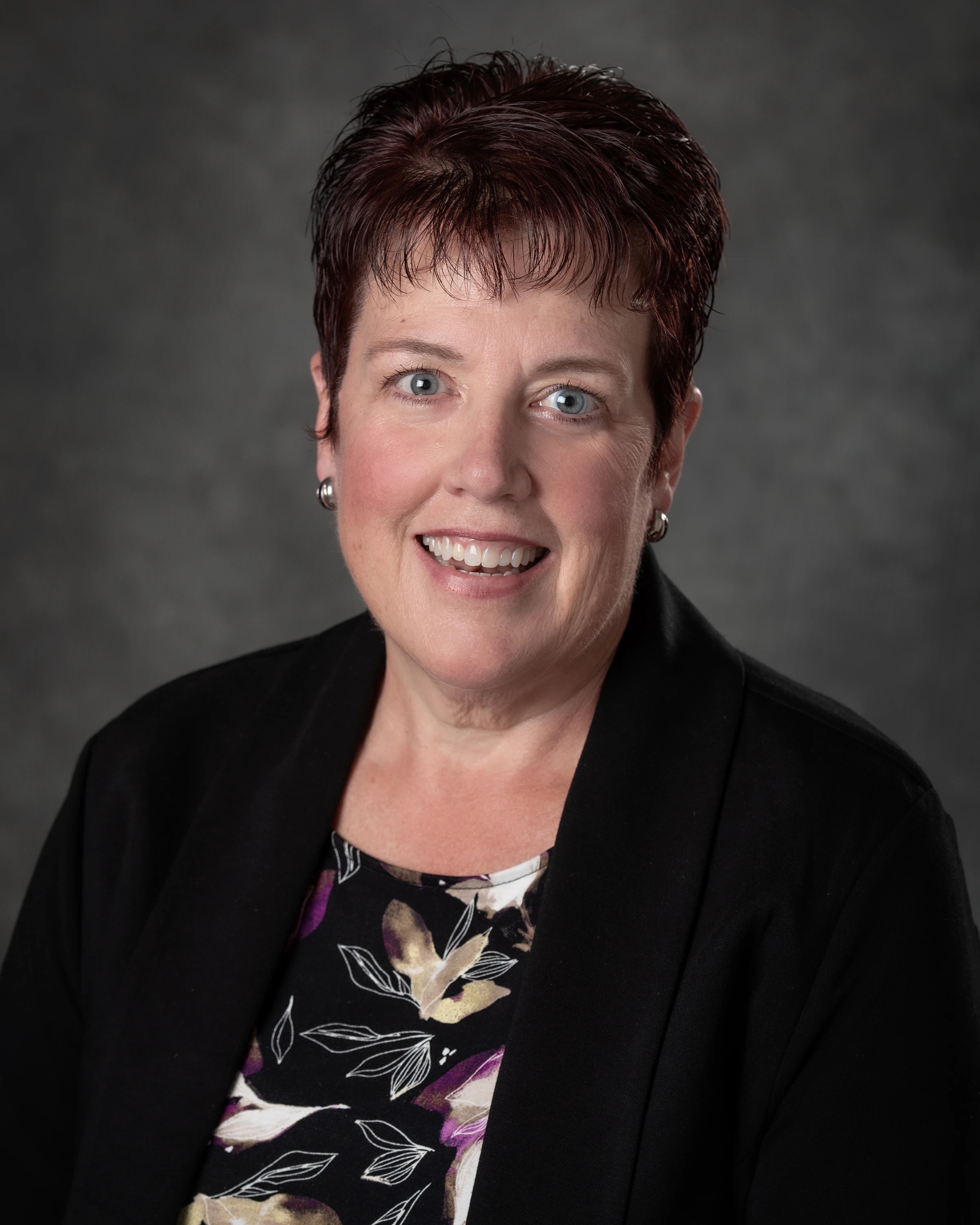Ask the Expert: Shortening Patient Wait Time, Providing Education and Training
July 25, 2024 - MSUToday

Originally published July 25, 2024 on MSUToday
In May, the Family Medicine Nurse Practitioner Clinic at the MSU Clinical Center marked its second year of service to Lansing-area residents. The clinic, part of MSU Health Care, provides educational opportunities for students in the Michigan State University College of Nursing, helps shorten the amount of time patients wait before seeing a health care provider, and sees more than 80 patients each day.
Ann Sheehan is the assistant dean for faculty practice and associate professor at the MSU College of Nursing. She also oversees health care providers at the Family Medicine Nurse Practitioner Clinic and manages partnerships with external organizations. She has been a pediatric nurse practitioner for more than 20 years in a variety of settings, including private practice, public health and in a nurse-managed health center.
Here, Sheehan discusses the value the clinic brings and how nurse practitioners support better and more accessible community health care.
Initially, the clinic shared a facility with the MSU College of Osteopathic Medicine and MSU College of Human Medicine. We were starting to run out of space, and we wanted to grow the family medicine practice. When space became available, the College of Nursing moved its nurse practitioners into the office on the first floor of the MSU Clinical Center off Service Road. The new space helped us provide better care for our community. Initially, new patients had to wait an average of 45 days to see a provider, but by adding more nurse practitioners and other nursing professionals, we have lowered that number to nine days — an 80% reduction in wait time.
What services does the clinic provide?
We are proud that our clinic provides wrap-around care. This means, ideally, many of our patients’ concerns can be resolved within the walls of the clinic. For example, we have a diabetes educator. This registered nurse, or RN, will sit down with patients and their families to educate them about lifestyle changes that can help keep their blood sugar under control and prevent the development of related chronic diseases. Ou psychiatric nurse practitioner can address ongoing mental health or behavioral health needs to holistically care for community members. This nurse also collaborates with the primary care nurse practitioners to optimize medication management when needed. As far as the business side of the clinic, our clinical nurse specialist focuses on project management and quality improvement and helps implement evidence-based practices into the clinic. They analyze workflows and help us optimize workflow to improve the patient experience. This is just the start of how we are looking to treat a person holistically. We are currently planning to add more providers and offer more virtual care options so a patient who needs to discuss their health concerns immediately can have access to a nurse practitioner even sooner.
How should patients use the clinic?
We have highly trained providers that can care for the whole family, including children. Right now, we see patients for preventive services (physical exams), chronic disease management and acute complaints — basically, services across the lifespan. We would like more patients to visit us for preventative health screenings so we can help them avoid chronic conditions and the complications that can accompany those conditions.
What does a nurse practitioner do?
A nurse practitioner is a registered nurse, or RN, who has earned a master’s degree or a doctorate. Their education focused on advanced physical assessment, differential diagnosis and treatment, or care management. A primary care nurse practitioner does many of the same things that a primary care physician does. They perform physical exams and sick visits, write prescriptions and order lab work and imaging. They review these results with the patient and make care plans based on the patient’s goals. One key difference in the NP clinic is that care is delivered through a nursing lens. We look at a patient holistically while partnering with them to create a plan that includes goal setting and healthy lifestyle changes.
How does the clinic impact the shortage of family practice providers?
Michigan is projected to have a shortage of 1,000 primary care physicians by 2025. If more providers implemented a clinic like ours, patients could have better access to care. In Lansing, we have health care “deserts,” where people do not have convenient access to quality care. We hope to expand this clinic concept in those areas so we can provide even more quality care to underserved communities. In addition, we can see patients in a shorter amount of time. The industry standard for a new patient to meet their provider is 11 days and, in Michigan, the average time is seven days. Our wait time to see a provider for acute visits is even faster — currently one to two days. We also can provide comprehensive care in one place that treats everything from acute issues, chronic conditions and mental health services to regular visits. We have prepared the clinic to serve our area and to provide patients with the best quality of care with shorter wait times.
What’s next?
We are expanding our wrap-around services by adding a social worker to our clinic team. To make a real change for patients, we want to start diving into social determinants of health, which encompass how socioeconomic, racial and other factors affect one’s health and their ability to access health care. Eventually, we will move into an even bigger facility. For now, we are working to have more virtual visits to keep up with the needs of our patients.

